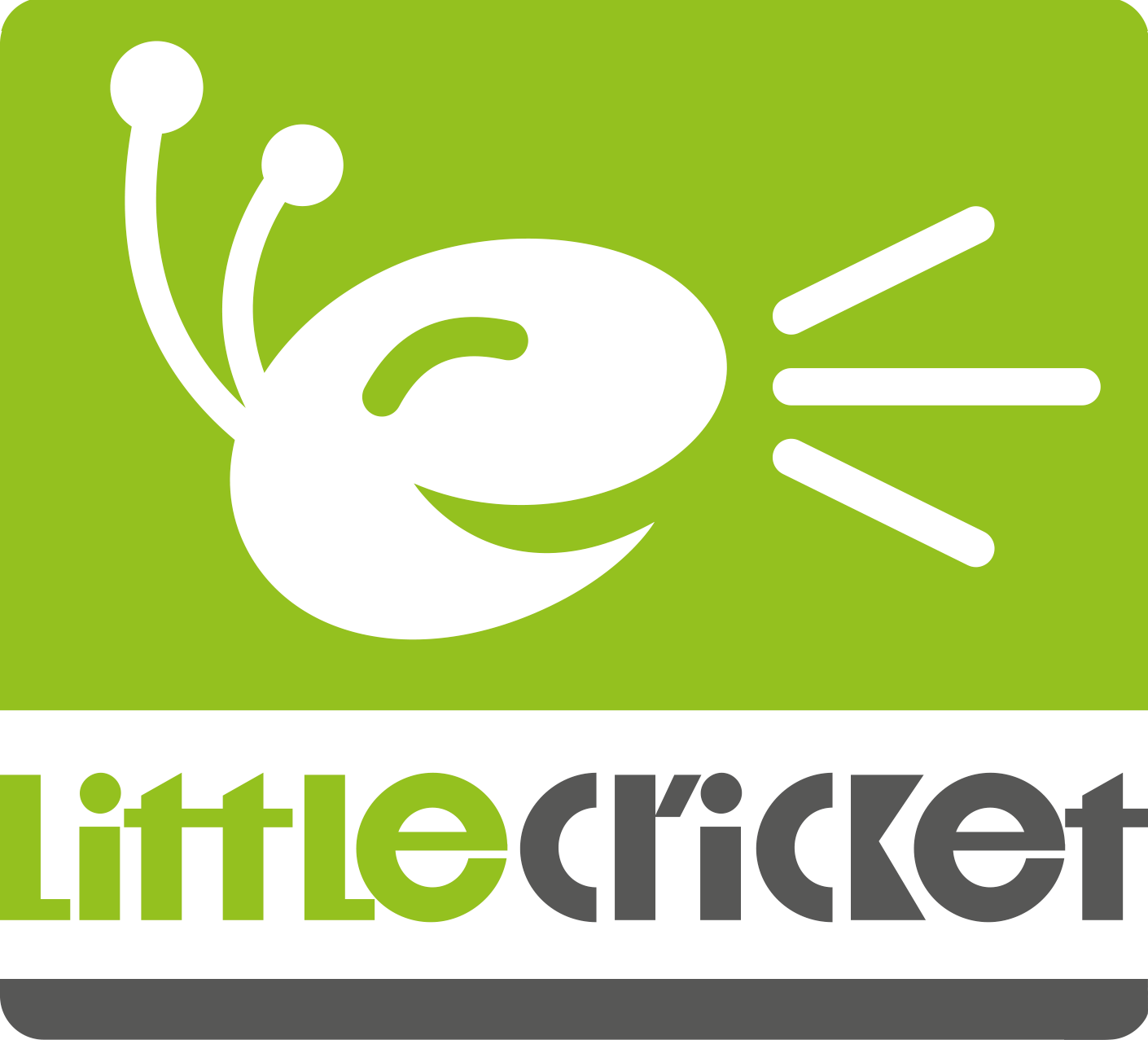Is an all-inclusive or a la carte marketing package right for your company?
We’ve made it to the summer and over the next month most of us will swap a week or two of the daily grind for sun lounges and sandals. For some that means packing away your purse and indulging in all-inclusive hospitality while others may choose an a la carte approach to putting their feet up. Similarly, when it comes to managing marketing and PR activities industry providers are faced with the choice between entrusting one provider with everything or enlisting a number of specialists for specific tasks – and each approach has its own pros and cons.
Contracting specialist service providers for different tasks or projects means you’ll benefit from highly skilled experts in that field. But these specialists are unlikely to have broad knowledge and won’t get involved in tying all your different activities together into a comprehensive campaign. It will be up to you and your team to ensure that the different suppliers’ activities are co-ordinated to tie into your overall strategy.
Using different suppliers means you’ll need someone to make sure all their activities are co-ordinated.
Conversely, a multidiscipline agency that takes care of all your marketing and PR needs has the advantage of becoming very close to your company and brand/s. Because they are generally contracted for an extended period these external providers can become an extension of your team which means that they need less of your time to inform and oversee their activities.
Working with multiple providers can be a way of reducing risk because all your activity isn’t in the hands of one supplier. Theoretically, if one contractor fails to deliver to standard or on time, then only their area should be jeopardised, but sometimes the opposite is true and one missed deadline can have a knock-on effect.
There’s less of an administrative burden with one supplier – you only need to go through one pitching process, negotiate one contract and sign off one invoice every month. Having one point of contact makes communication simpler and reduces the time you spend in briefings too.
Competition between suppliers can improve service
Using a pool of suppliers for short-term contracts can encourage healthy competition and creative sparring. Freelancers are less likely to get complacent than long term contract holders and your campaigns can benefit from their desire to constantly prove their worth in order to secure the next job. But, the bigger your contract, the more important your business is to any supplier and, by investing a big chunk of your budget with one provider, you’re more likely to be considered a key client and benefit from more attention and better customer care than you would as a small, ad-hoc client.
An alternative to choosing between an all-inclusive or a la carte approach is to combine the best of both worlds by covering your basic needs with a multidiscipline supplier and keeping some budget aside for projects that need specialised skills. It’s like paying half board and then splashing out on a fancy meal.
Here’s to summer!



